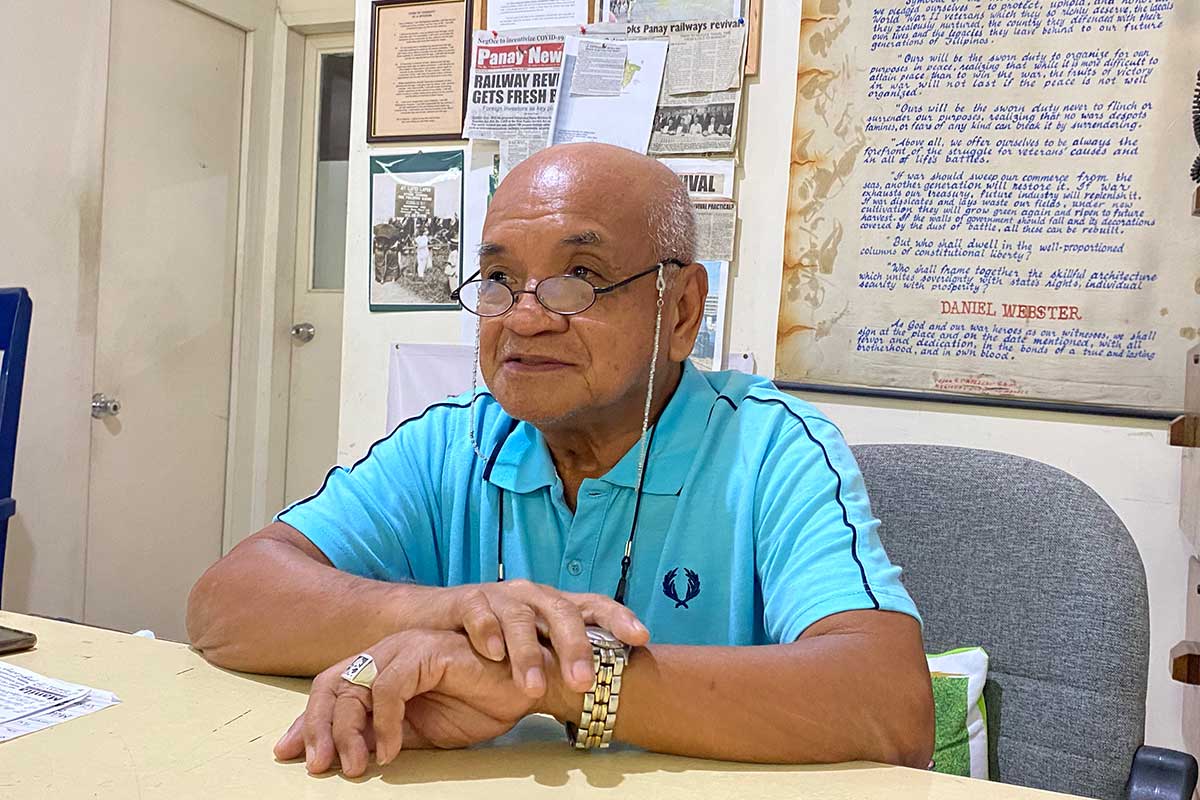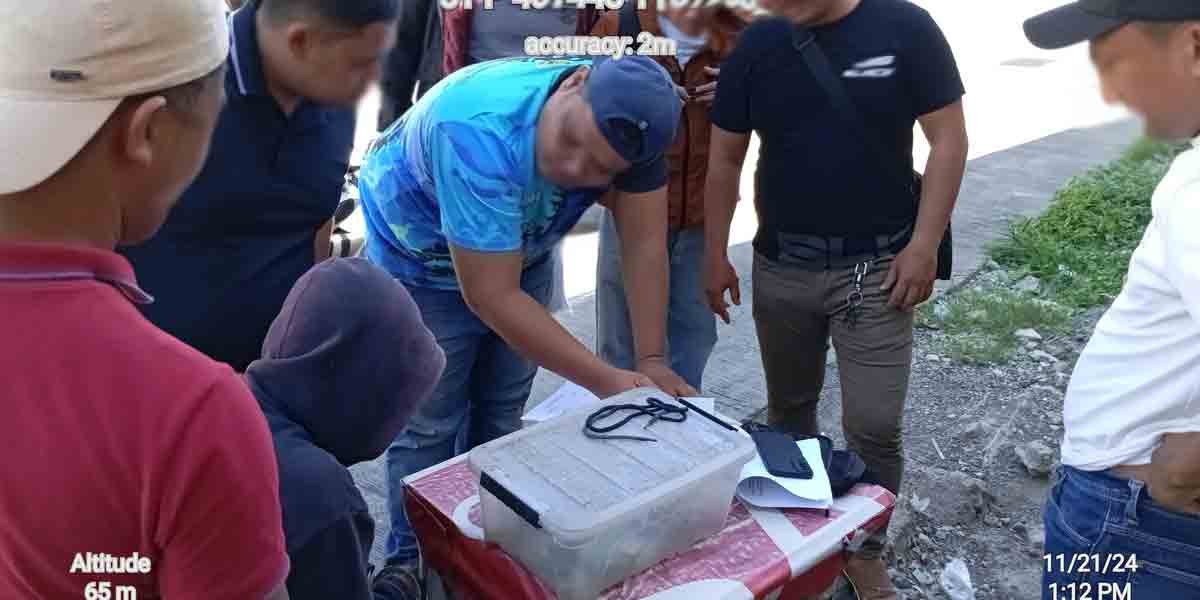
By Joseph B.A. Marzan
President Ferdinand Marcos Jr.’s pronouncement last month on reviving Panay Railways has attracted investment ideas to the defunct railway, including a rekindled interest by a China-based railway engineering firm.
China Railway Investment Group Ltd. (CRIG) wrote Panay Railways, Inc. (PRI) on July 29, expressing a reinvigorated interest to inject financing, loan, investment, logistics supply, and other forms of cooperation.
The company has fielded their business associate in China, the Shanghai EVER-DO International Logistics Co. Ltd., to support the logistical items for the development of the project.
CRIG is also one of the contractors of the PHP142-billion PNR South Long-Haul Project, also called the PNR Bicol Express. It formed a consortium with China Railway No. 3 Engineering Group Co. Ltd., and China Railway Engineering Consulting Group Co. Ltd. to undertake the project.
PRI Chief Operating Officer Cesar Capellan told Daily Guardian that CRIG representatives are set to head to Iloilo this month to sign a new Memorandum of Understanding (MOU) with them.

The two previously signed an MOU in 2017, but the said pact expired in 2019 without the obligations being carried out.
Capellan showed Daily Guardian a draft of the new MOU, which was based on the original they had signed with CRIG.
The new MOU will oblige CRIG to conduct a feasibility study to cover the following activities:
– Rehabilitate, modernize and re-operate the existing 117-kilometer PRI facilities covering an estimated 395.3 hectares of property and extend the line to Barangay Caticlan, Malay, Aklan;
– Develop and operate commercial centers/malls in major train stations and terminals;
– Provide a decent and affordable housing to the families affected by the project;
– Integrate a monorail system for Iloilo City and its suburbs to increase interconnectivity to and from the international airport, the international seaport, and around important tourist spots in the city; and
– Set up a solar energy generation system along the railway lines or any strategic sites that could partly or wholly power the proposed integrated railway system.
He said that the feasibility study would be fully funded by CRIG, including personnel, administrative and survey works, and other important components of the study.
The study, which will span three months from the signing of the MOU, would be commented on and initially approved by PRI, and would be recommended for final approval by the National Economic and Development Authority’s (NEDA) Investment Coordination Committee (ICC), among other relevant authorities.
Funding for the project itself, meanwhile, would be the responsibility of the Philippine Government, which would apply for a concessional loan or any other financing framework with the Chinese Government, with CRIG endeavoring to help the government to secure the loan facility subject to Chinese procurement laws consistent with that of the Philippines.
The MOU would likewise be valid for two years with a possible option to renew.
As to the final location of the revived railway, Capellan maintained that it would be on the railway’s old site, as they own the properties.
But the option to place the railways somewhere else is also possible, as this will also depend on the discretion of the investor they may partner with.
The PRI revival is tagged to cost at least US$1.5 billion, including relocation services, hiring of personnel, development of other infrastructure, acquisition of rolling stock, among other components.




















